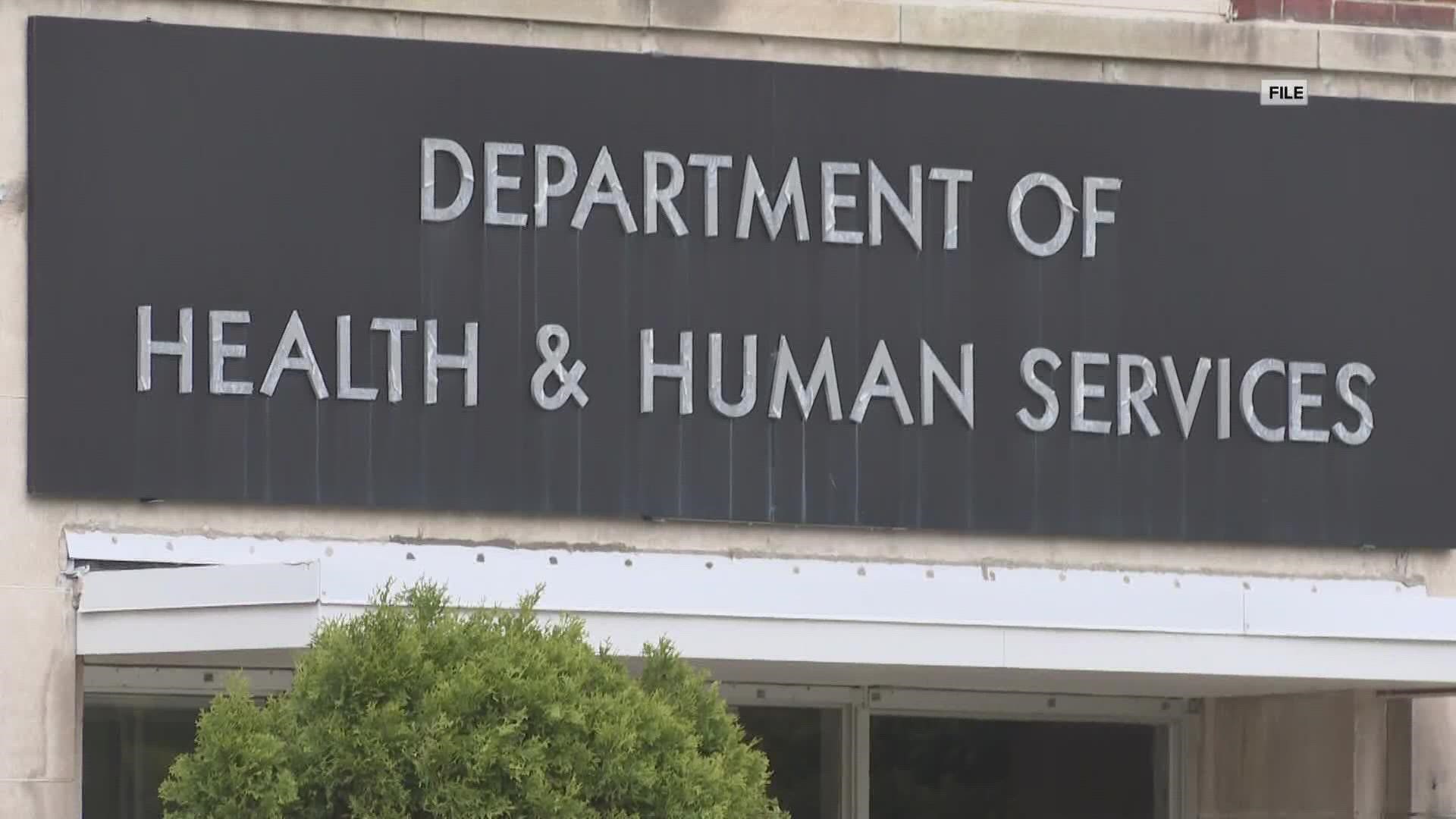MAINE, USA — Editor's note: The above video aired on Oct. 28.
With a federal grant of more than $32 million, The Maine Department of Health and Human Services and the Maine Center of Disease Control and Prevention are kicking off new initiatives to tackle health equity in communities with a higher COVID risk, officials say.
The grant came from the U.S. CDC and is part of a $2.25 billion national initiative to grow community and state capacity and services funded through the Coronavirus Response and Relief Supplemental Appropriations Act of 2021, according to a news release.
After getting input from communities, DHHS plans to use the one-time investment to "support initiatives to develop equitable public health infrastructure in communities at higher risk of COVID infection or transmission." This includes racial and ethnic minority groups and people living in rural areas.
The Office of Population Health Equity within Maine CDC will administer the funds under the leadership of Director Ian Yaffe.
The grant will also provide funding for DHHS to improve its communications tools and data systems to get a better understanding of how to address health disparities across Maine. It'll also include additional resources and staff in several DHHS offices that'll help serve communities disproportionately affected by the pandemic.
COVID widened health disparities closely linked to longstanding social and health inequities affecting different areas across Maine. DHHS and Maine CDC will work in partnership with community stakeholders to make sure critical lessons learned during the pandemic are merged with OPHE's work moving forward.
As part of this process, DHHS and Maine CDC developed three core strategies:
- Improve data collection and reporting related to health disparities
- Invest in community-based infrastructure to prevent future disparities
- Increase partnerships to advance health equity and address social determinants of health
These core strategies formed new initiatives that aim to advance health equity by deepening DHHS's relationship with leaders in the community, directing resources into communities most severely hit by the COVID pandemic and other major public health threats and building a collective capacity to shrink those disparities going forward.
The $32 million will be invested through direct grants to community groups. It'll also provide technical assistance through multiple priority activities including:
- Investing in community-led organizations addressing health equity to enable them to develop and enhance organizational, management, financial, and technical infrastructure.
- Improving reporting and data collection systems to identify and track progress on health care disparities across DHHS.
- Partnering with community-led organizations to conduct needs assessments to inform health and social service delivery.
- Addressing unique disparities associated with the pandemic through community health workers, health-related social needs, public health emergency preparedness, and telehealth in rural communities.
- Developing engagement, notification, and communications tools tailored to diverse communities using MaineCare and other health care and social services.
- Expanding community paramedicine and systems for coordinating care.
- Supporting the work of community organizations with capacity building, health equity training, and technical assistance.
"These investments build on DHHS’ existing programs to address disparities through its statewide response efforts, including $8.5 million allocated to 39 organizations since 2020 to ensure access to COVID-19 vaccination, testing and wrap-around services to support safe isolation or quarantine due to COVID exposure," the news release stated.
OPHE and DHHS will host two webinars to talk about the activities funded through this proposal and share funding timelines with those who are interested. Community members and organizations that want to learn more can register to attend either webinar.
Those unable to attend either session can still register to receive a recording. Both webinars will cover the same content.

